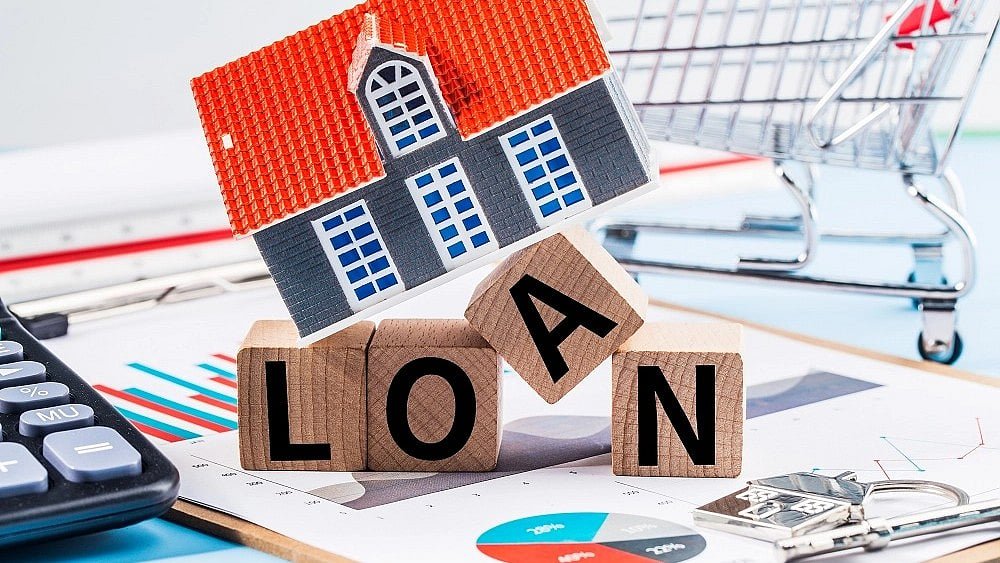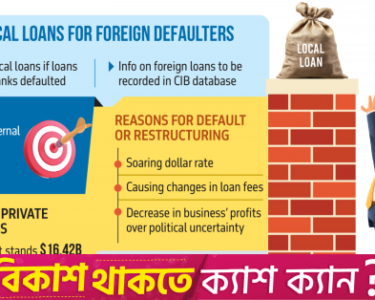Learn how to check your CIBIL score, boost it fast, and get top-up loans approved quickly with simple, practical, and proven steps.
Keeping a good CIBIL score isn’t just helpful—it’s essential when you need fast loan approval. A strong score improves your chances of getting a top-up loan quickly. Many people don’t realise how everyday financial actions affect their credit health. Even one delayed payment or overused credit limit can lower your score. You can’t afford to ignore this. To avoid rejection or delays, check your CIBIL score regularly and take control before it holds you back.
Why a Top-up Loan Is a Smart Option
A top-up loan gives you more money over your existing personal or home loan. You don’t need to apply for a new loan from scratch. The paperwork is less, approval is faster, and interest rates are usually lower. This can be very helpful if you need funds urgently—for education, medical needs, or home repairs.
But top-up loans are only available if you have a good repayment history. That’s why your CIBIL score must be strong. If your score is poor, your request may be rejected, or you may be offered a smaller amount at a higher rate.
What Is a Good CIBIL Score
Your CIBIL score ranges from 300 to 900 and shows how trustworthy you are as a borrower. Lenders use this score to decide if they should give you a loan and on what terms. A higher score means you are more likely to get approved quickly and at a better interest rate.
You can on trusted financial websites. It’s quick, simple, and helps you stay prepared before applying for a top-up loan.
Here’s a clear breakdown of what each score range means and how it affects your chances:

You should at least once every few months to track progress and fix issues early. This small habit can make a big difference when you need a quick top-up loan.
Key Factors That Affect Your CIBIL Score
Here are the most important credit habits that shape your score and help you improve it over time:
Repayment Track Record
Your payment history shows how consistently you pay EMIs and credit card bills, and delays or defaults can significantly reduce your score.
Credit Utilisation Ratio
Using a high percentage of your available credit may indicate poor spending control, which can negatively affect your credit profile.
Length of Credit History
A longer history of using credit helps build trust, as it gives lenders more data to assess your financial discipline over time.
Number of Recent Enquiries
Each time you apply for a loan or credit card, a hard enquiry is recorded, and too many of these in a short span may lower your score.
Types of Credit Used
Using both secured and unsecured credit types shows lenders you can handle different kinds of borrowing responsibly, which helps strengthen your overall credit profile.
Status of Past Loans
Loans marked as ‘settled’ or left open can reflect negatively in your credit report, especially if full dues were not cleared.
Accuracy of Credit Report
Errors in your credit report—such as incorrect loan statuses or repayment records—can lower your score unfairly if not resolved promptly.
Simple Steps to Improve Your CIBIL Score
Here are easy actions you can start now to build a stronger score and increase your chances of getting a quick top-up loan:
Always Pay Your Bills on Time
Paying your EMIs and credit card bills before the due date is the fastest way to build trust and improve your CIBIL score.
Keep Your Credit Usage Below 30%
Use less than 30% of your credit card limit to show healthy spending habits and maintain a positive credit profile.
Maintain Long Credit History
Keep older credit cards and loans active, as longer credit history adds stability and boosts your overall creditworthiness.
Limit New Loan and Card Applications
Too many applications in a short time can reduce your score and make you seem financially unstable to lenders.
Repay Small Loans Early
Paying off small loans before time reduces your total debt and shows that you can manage credit well.
Check Your CIBIL Score Regularly
You should check your CIBIL score using your PAN number every few months to track changes and fix any issues early.
Clear Outstanding Debts
Repaying overdue loans or credit card dues improves your credit health and increases your chances of getting approved quickly.
Avoid Reapplying After Rejection
If your credit application is rejected, wait and improve your score before applying again to avoid further negative impact.
Fix Errors in Your Credit Report
Mistakes can happen, so check your credit report often and raise a dispute if you find incorrect entries.
How to Check Your CIBIL Score Easily
Here are the key things you should know about checking your CIBIL score and why it matters:
Checking your CIBIL score helps you understand your credit standing before applying for any type of loan
It shows whether you’re eligible for a top-up loan based on your current credit behaviour
You can spot errors like incorrect dues, missed payments, or wrong loan statuses early
Tracking your score regularly helps you measure progress after taking steps to improve it
Visit the official credit bureau websites or trusted financial platforms to check your score securely
You can check your CIBIL score using your PAN number with just a few simple details
Most platforms allow you to check your score once a year for free without affecting your credit
Set a reminder to check your CIBIL score every three months to stay updated and financially prepared
Avoid checking your score through unknown websites to protect your personal data and avoid misuse
Reviewing your score often gives you more control and confidence while planning any loan application
Mistakes That Can Lower Your Score
Avoiding these common mistakes will help protect your CIBIL score and improve your chances of getting a quick top-up loan:
Missing EMIs or credit card payments lowers your score and signals poor repayment behaviour to lenders
Using over 50% of your credit card limit shows high credit dependency and reduces your creditworthiness
Closing old credit cards shortens your credit history and may reduce your CIBIL score
Ignoring errors in your credit report allows mistakes to harm your score without your knowledge
Applying for multiple loans or credit cards in a short time can lead to a lower score due to repeated hard enquiries
Reapplying immediately after a loan rejection increases risk perception and reduces chances of approval
Settling a loan without paying the full amount leaves a negative status on your credit report
Relying only on unsecured credit, like personal loans, weakens your credit mix and may affect your score
Not checking your CIBIL score using your PAN number regularly prevents you from spotting issues early
Other Ways to Build Credit Over Time
If your CIBIL score is low or you’re starting fresh, these smart habits can help you build a strong and stable credit history:
Get a secured credit card by placing a fixed deposit to start building your credit score safely
Use your credit card for small, routine purchases and repay the full amount before the due date
Take a short-term personal loan and repay it on time to prove your reliability to lenders
Keep your credit usage low each month to show responsible spending behaviour
Maintain active credit accounts to gradually increase your credit history length
Avoid taking multiple new credit products at once to keep your profile clean and stable
Regularly check your CIBIL score using your PAN number to track progress and stay aware of your credit standing
Set reminders to pay bills on time, as consistency is key to building long-term credit health
Final Checklist Before You Apply for a Top-Up Loan
Make sure you meet these basic checks to increase your chances of fast approval and better loan terms:
Your CIBIL score should be 750 or higher to improve approval chances and secure better interest rates
You must have paid all EMIs and credit card bills on time for the last six months
Your credit card usage should be under 30% of your total available limit
You should check your CIBIL score using your PAN number to confirm your latest credit status
You must not have applied for multiple loans or credit cards recently
Your credit report should be free from errors, incorrect dues, or open ‘settled’ loans
Your credit mix should include both secured and unsecured credit, showing balanced usage
You should not have any recent loan rejections or unresolved disputes in your report
Conclusion
Your CIBIL score influences how quickly you get approved, how much you can borrow, and the interest you’ll pay. By building healthy credit habits and checking your CIBIL score using your PAN number regularly, you stay ready for better loan opportunities. A strong score doesn’t just open doors—it gives you more control over your financial future.




